Scuba diving is an exhilarating adventure that allows individuals to explore the underwater world, but it’s not an activity to be taken lightly. Proper training and certification are essential for ensuring safety, confidence, and environmental awareness. Diving certification opens doors to breathtaking coral reefs, historic shipwrecks, and encounters with marine life, all while equipping divers with the knowledge and skills to handle potential challenges beneath the surface.
Why Certification Matters
Diving without proper training is not only risky but can also be fatal. Certification courses teach critical skills such as buoyancy control, equipment handling, and emergency procedures. These programs are designed by experienced professionals who understand the physics and physiology of diving. From learning how to equalize ear pressure to managing air supply efficiently, certified divers are prepared for real-world scenarios. Moreover, certification ensures divers respect marine ecosystems, minimizing their impact on fragile underwater environments.
Reputable diving organizations, such as PADI (Professional Association of Diving Instructors), SSI (Scuba Schools International), and NAUI (National Association of Underwater Instructors), offer globally recognized programs. Each agency follows strict safety standards while tailoring courses to different experience levels—from beginners to advanced technical divers. The choice of agency often depends on personal preference, regional availability, and specific diving interests.
The Certification Journey
Becoming a certified diver typically begins with an Open Water Diver course, the foundational level for recreational diving. The process combines theoretical learning, confined water training (usually in a pool), and open water dives. Classroom or e-learning modules cover dive theory, including how pressure affects the body and how to use dive tables or computers. Confined water sessions allow students to practice skills in a controlled environment before venturing into open water.
Once the initial training is complete, divers must complete a series of open water dives under instructor supervision. These dives apply learned skills in real conditions, such as managing currents or navigating underwater. Successful completion results in a certification card, which serves as proof of training and is required when renting equipment or joining guided dives worldwide.
Advanced and Specialty Certifications
After obtaining an Open Water certification, many divers pursue advanced training to expand their capabilities. The Advanced Open Water course introduces new environments, such as deep diving or night diving, while emphasizing situational awareness. Specialty courses, like wreck diving, underwater photography, or rescue diving, allow divers to focus on specific interests. Technical diving certifications take training further, enabling exploration beyond recreational limits with mixed gases and decompression procedures.
Instructors and dive professionals undergo even more rigorous training, including Dive Master and Instructor certifications. These roles require not only mastery of diving skills but also the ability to teach and lead others safely. Professional-level courses involve extensive practical assessments and theoretical exams, ensuring candidates meet high standards before certifying new divers.
Choosing the Right Course and Instructor
Selecting a reputable dive center and instructor is crucial. A good instructor prioritizes safety, adapts teaching methods to individual learning styles, and fosters confidence in students. Reading reviews, asking for recommendations, and verifying instructor credentials can help ensure a positive learning experience. Additionally, smaller class sizes often lead to more personalized attention, which is especially beneficial for beginners.
The location of training also plays a role. Some divers prefer learning in calm, clear waters, while others opt for more challenging conditions to build adaptability. Regardless of the setting, the right course should balance skill development with enjoyment, making the certification process both educational and memorable.
The Lifelong Benefits of Certification
Beyond the thrill of exploration, diving certification offers long-term rewards. It fosters a sense of accomplishment, encourages physical fitness, and connects divers with a global community of like-minded enthusiasts. Certified divers gain access to exclusive dive sites, liveaboards, and conservation projects. Many divers find that certification enhances their travel experiences, turning ordinary vacations into underwater adventures.
Moreover, diving instills a deep appreciation for marine conservation. Certified divers often become advocates for ocean protection, participating in reef cleanups or citizen science initiatives. The skills learned during certification—such as problem-solving and teamwork—also translate into everyday life, building confidence and resilience.
Diving certification is more than just a ticket to the underwater world; it’s a commitment to safety, learning, and environmental stewardship. Whether exploring local reefs or embarking on international dive trips, certified divers carry the knowledge and skills to enjoy the ocean responsibly. For those ready to take the plunge, the journey begins with choosing the right course and embracing the adventure that lies beneath the waves.
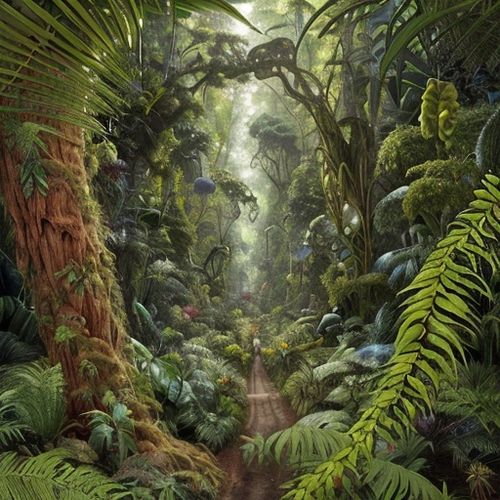
By George Bailey/Apr 28, 2025
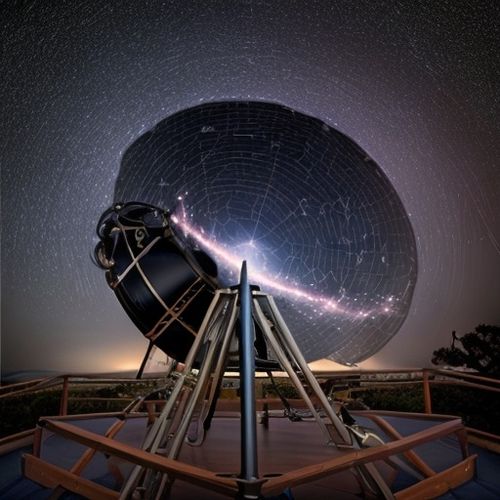
By Lily Simpson/Apr 28, 2025

By Grace Cox/Apr 28, 2025
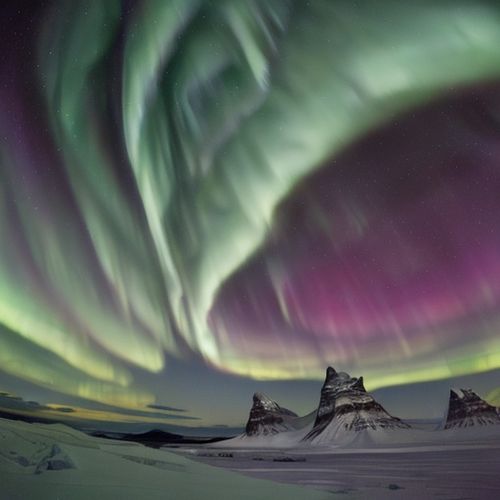
By David Anderson/Apr 28, 2025
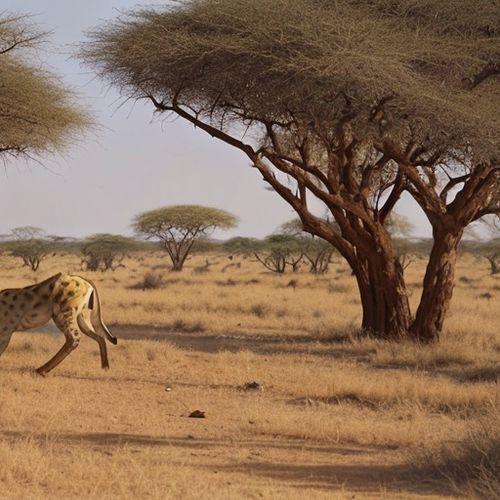
By Megan Clark/Apr 28, 2025

By Natalie Campbell/Apr 28, 2025
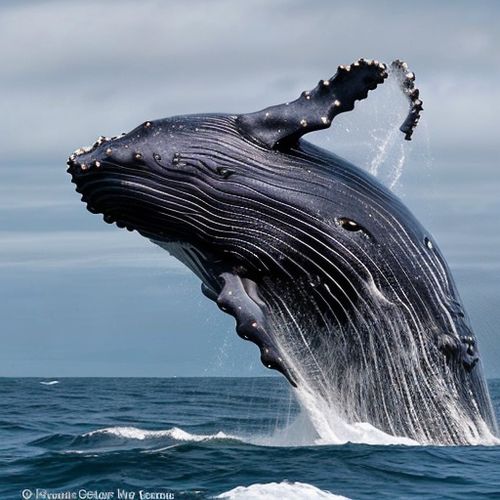
By Olivia Reed/Apr 28, 2025
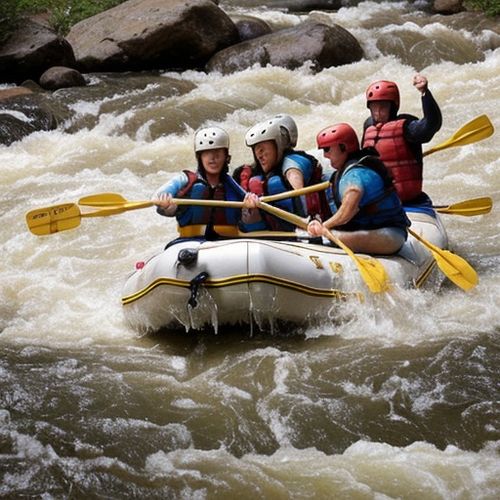
By Rebecca Stewart/Apr 28, 2025

By Eric Ward/Apr 28, 2025
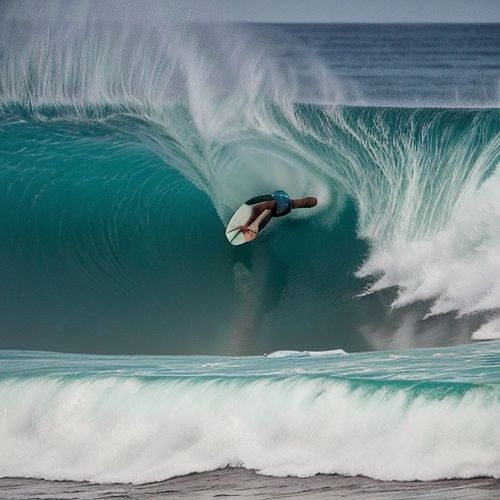
By Grace Cox/Apr 28, 2025
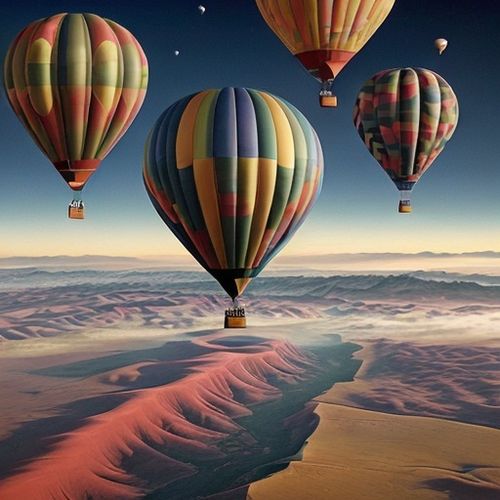
By Noah Bell/Apr 28, 2025

By George Bailey/Apr 28, 2025

By Michael Brown/Apr 28, 2025
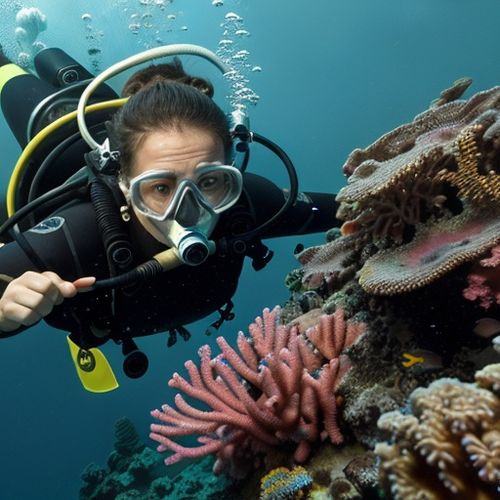
By Samuel Cooper/Apr 28, 2025

By Laura Wilson/Apr 28, 2025

By David Anderson/Apr 28, 2025

By Noah Bell/Apr 28, 2025

By Benjamin Evans/Apr 28, 2025

By Megan Clark/Apr 28, 2025

By Noah Bell/Apr 28, 2025